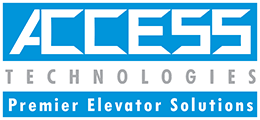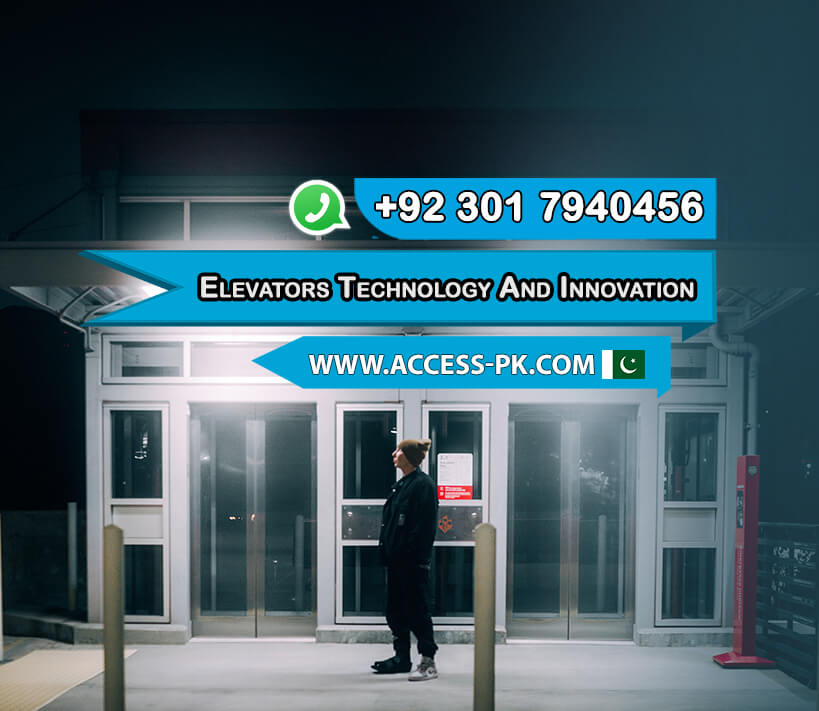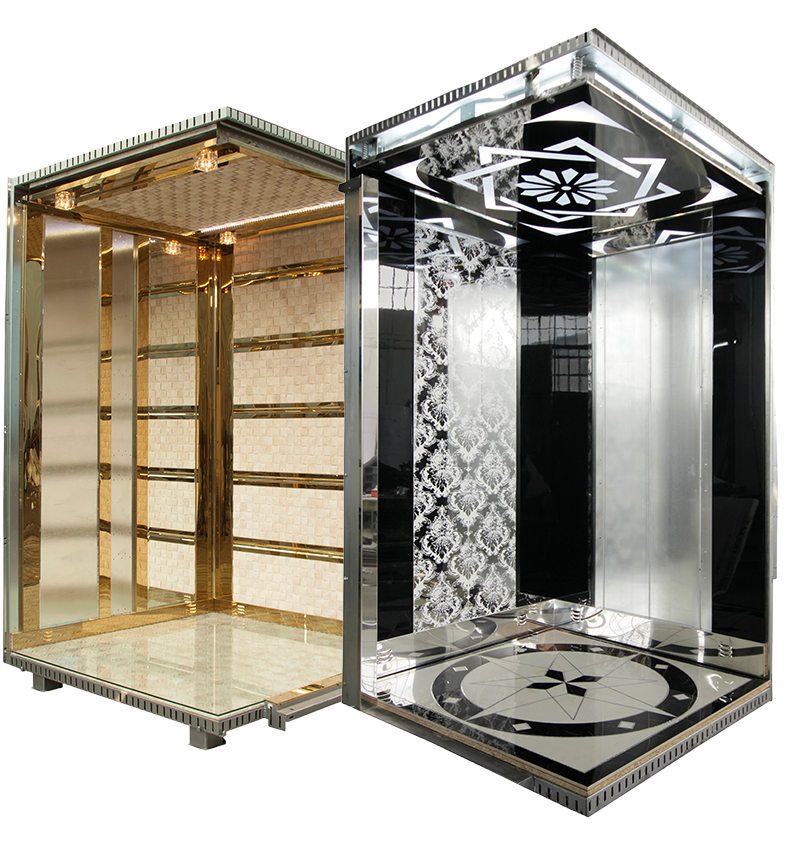Access Technologies, owned by Imran Rafi, is a leading elevator company that is spearheading the future of elevators with its innovative and cutting-edge technologies. As urbanization continues to increase, the need for faster, smarter, and more efficient elevators has become paramount, and Access Technologies is at the forefront of meeting this demand. With the latest advancements in technology, Access Technologies is poised to provide best elevators that are even more convenient, reliable, and sustainable, paving the way for a new era of vertical transportation.
Smarter and More Efficient Elevators:

The future of elevators lies in the development of smarter and more efficient elevators. Elevators are becoming more intelligent with the integration of advanced artificial intelligence and machine learning algorithms. These technologies enable elevators to learn from passenger traffic patterns, adjust their speed and floor selection, and optimize energy consumption.
Access Technologies is at the forefront of this technological revolution, developing innovative systems that enable elevators to communicate with each other and adjust their performance based on passenger demand. This results in a smoother and more efficient elevator experience, reducing wait times and increasing passenger throughput.
One of the key features of smarter and more efficient elevators is predictive maintenance. Elevator systems are now equipped with sensors and monitoring systems that collect data on the performance of various components. This data is analyzed using machine learning algorithms to predict when components are likely to fail, allowing for proactive maintenance before a breakdown occurs.
Sustainability and Energy Efficiency:

As sustainability and energy efficiency become more important considerations for businesses and individuals alike, elevators are no exception. Largest Elevator companies like Access Technologies, owned by Imran Rafi, are designing elevator systems that are energy-efficient and environmentally friendly.
One key way that elevator companies are increasing energy efficiency is through the use of regenerative braking technology. We can capture the energy generated when an elevator descends and use it to power the elevator as it ascends, reducing overall energy consumption. Moreover, elevator manufacturers are equipping them with energy-efficient lighting and motors that consume less power while still providing the same level of performance.
In addition to energy efficiency, elevator companies are also focusing on sustainability. This includes using environmentally friendly materials in elevator construction, such as recycled steel and non-toxic coatings. Companies are also implementing eco-friendly practices in the manufacturing process, such as reducing waste and energy usage.
The Future of Elevators:

The future of elevators is a rapidly evolving field, driven by technological advancements and the need for more efficient and sustainable building practices. Elevator companies like Access Technologies, owned by Imran Rafi, are leading the way in the development of innovative elevator systems that incorporate advanced technology, sustainability, and energy efficiency.
One of the key areas of focus for the future of elevators is vertical transportation in high-rise buildings. As urbanization continues to increase, there is a growing need for elevators that can efficiently transport large numbers of people to greater heights. Elevator companies are designing systems that can operate at faster speeds, with greater capacity, and more advanced safety features.
Another area of focus is the integration of advanced technology. Elevators are becoming smarter and more efficient, incorporating machine learning algorithms and artificial intelligence to learn from passenger traffic patterns, adjust their speed and floor selection, and optimize energy consumption. Elevator companies are also developing systems that allow passengers to use their smartphones to call and operate elevators, increasing convenience and reducing the need for physical buttons and keys.



